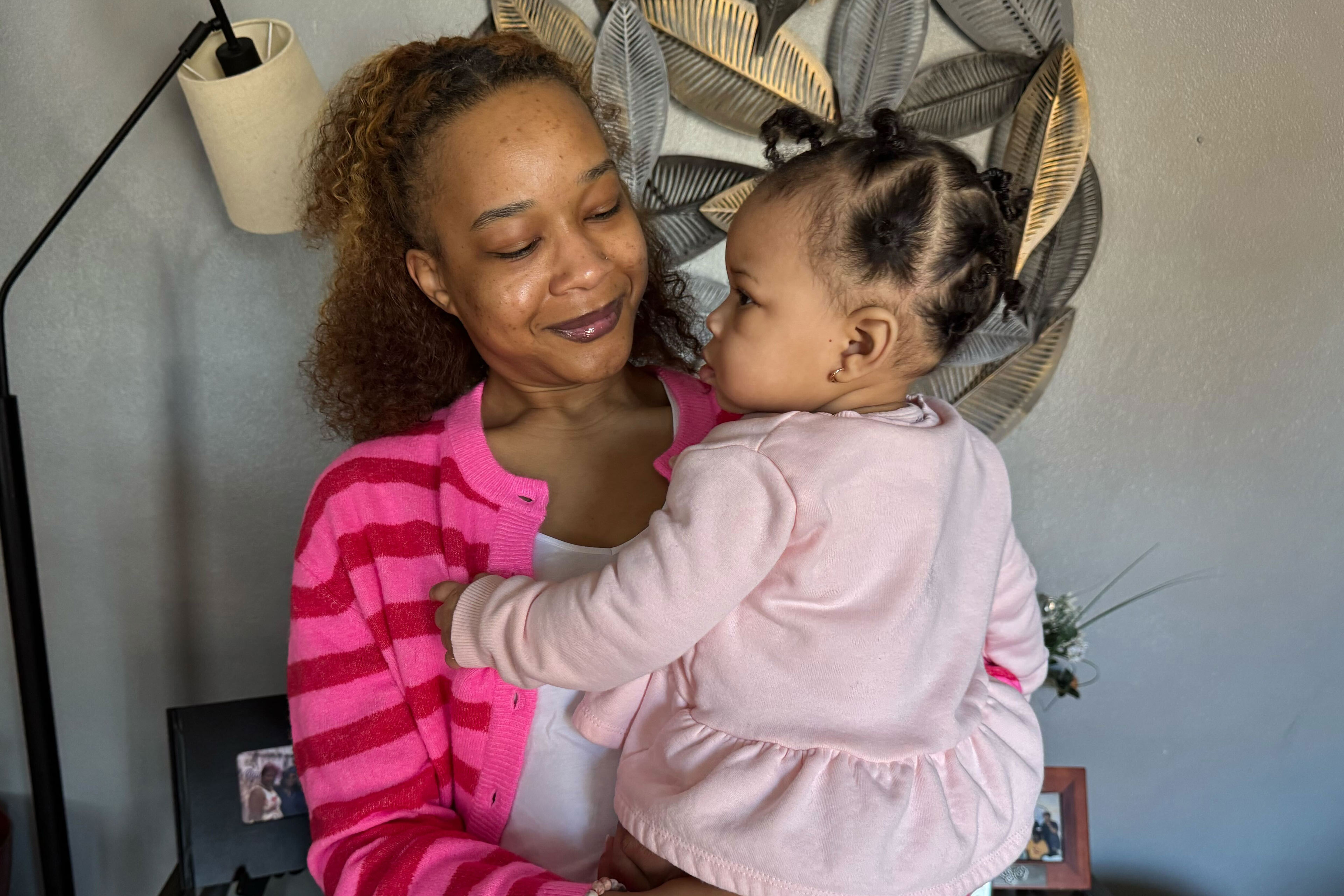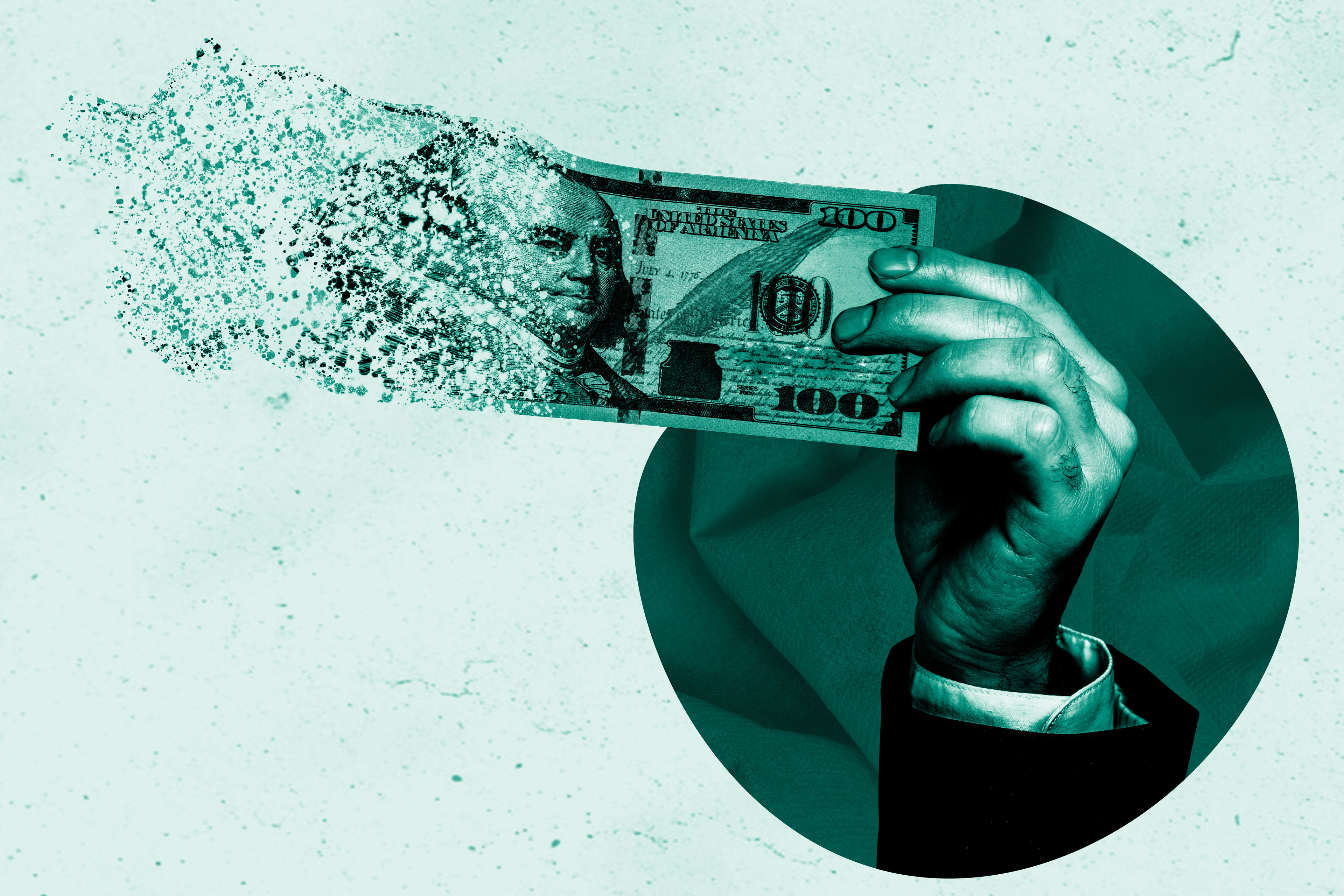2025 KFF Marketplace Enrollees Survey
If the amount they pay in premiums doubled, about one in four enrollees in ACA Marketplace health plans say they would “very likely” go without insurance in 2026, finds a KFF survey of Marketplace enrollees fielded shortly after open enrollment began in the first weeks of November 2025. One in three say they would be “very likely” to look for a lower-premium Marketplace plan.


